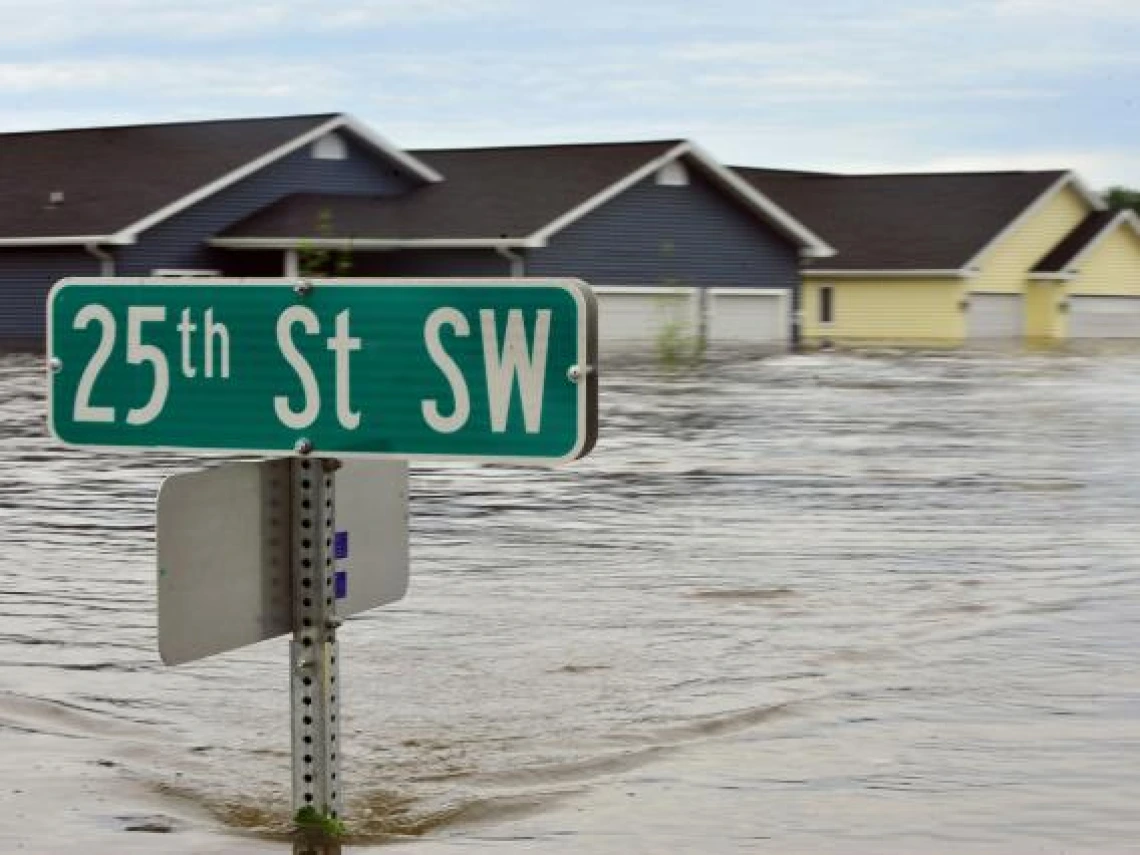Successful Adaptation to Climate Change

Senior Airman Jesse Lopez
CCASS welcomed Dr. Susanne Moser as a Distinguished Visiting Fellow in early 2015. Moser is an expert in adaptation, science-policy interactions, decision support, and climate change communication. Her emphasis is on practical, collaborative, and solutions-oriented work to address climate change and adaptation. She is acclaimed not only for her grasp of climate change science, but as a skilled facilitator and brilliant communicator, using her gifts to shape international science policy-making and research management. Moser spoke at the School of Geography and Development Colloquium on February 6 on “Successful Adaptation to Climate Change,” the abstract for which is below.
What would successful adaptation to climate change look like? This question has no simple answer, but one that can focus on various aspects of the adaptation process, and that is complicated by geographic factors (scale, place-dependence, and spatial interdependence), temporal factors (rate of change, time lags), and normative/subjective differences. In the US, despite federal, state and local-level commitments to prepare for and manage the impacts of climate change, it remains difficult to move beyond adaptation planning and decide on a particular course of action, to garner the necessary political and social support in budget-constrained times, and to implement concrete adaptation measures. At the same time, many sectors and communities already face difficult choices and trade-offs as climate change impacts unfold with growing speed and fury and as adopting either more stringent or novel strategies to strengthen and retain resilience produces winners and losers. This presentation provides a framework for thinking about adaptation success , applies it in a coastal context, and explores the role that science can play in helping communities define for themselves what "success" or "progress in a desirable direction" might look like.

